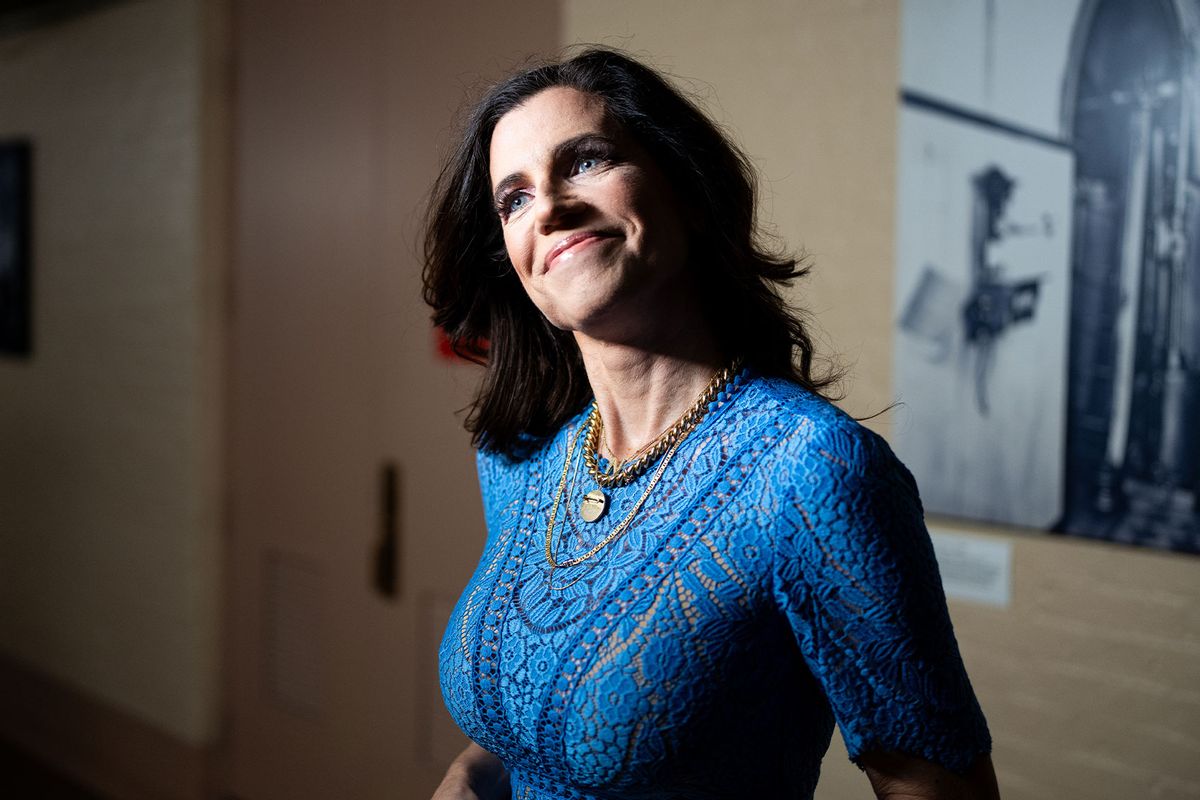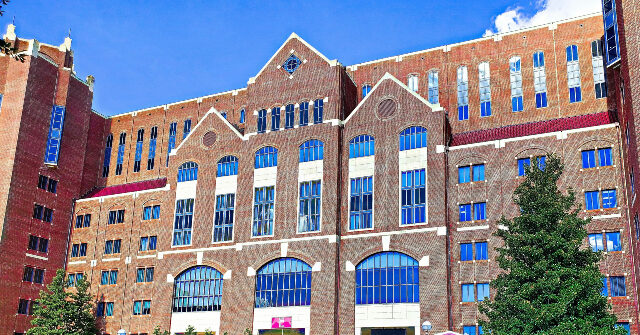Ella Bates-Hermans/Stuff
Experts say there seem to be multiple barriers to accessing antiviral medications for Covid-19, sparking concerns there may be inequities in health outcomes as a result.
Experts are concerned there are still significant barriers for people to get Covid-19 antivirals, at a time when cases and hospitalisations are rising again.
There are two oral antiviral medicines currently available in New Zealand to treat eligible people with Covid-19 in the community: Paxlovid (nirmatrelvir with ritonavir) and molnupiravir. More are available in hospital only.
But a lack of public knowledge, GP appointment shortages and difficulty finding information about where and how to get these are among “concerning” barriers to access, leading paediatrician Dr Jin Russell said.
One “really significant” barrier appeared to be a lack of awareness about who can get them, Russell said.
READ MORE:
* Covid-19: Cases expected to peak in week of Christmas, as numbers climb
* Covid-19: Daily cases could peak at 11,000 if new variants cause another wave
* Māori and Pacific people over 40 eligible for second Covid-19 booster
* Only 14% of Kiwis say life is back to normal since Covid-19, study finds
To be eligible, people must either have symptoms and test positive, or have symptoms and be a household contact of a case.
People in either of the above groups must also be/have one of the following:
- aged over 65
- Māori or Pacific ethnicity aged 50+
- aged 50+ with fewer than two Covid-19 vaccinations
- a severely weakened immune system
- Down syndrome
- sickle cell disease
- previously been in critical care or high dependency hospital care from Covid-19
- three or more high-risk medical conditions.
For those eligible, antivirals need to be taken within five days of symptom onset. They can be prescribed, or supplied without a script from some pharmacists.
SUPPLIED
Dr Jin Russell said she was concerned there are barriers to accessing antivirals for Covid-19, particularly at a time when there are several hundred people in hospital with the virus. (File photo)
But difficulties accessing primary care and long wait-times potentially delayed access to treatment beyond that five-day window, Russell said.
She said even some medical colleagues report difficulty finding pharmacies dispensing the drugs: “If it’s difficult for them, I imagine [it’s] quite difficult for others.”
Russell noted this was not the case for everyone, and the system was working well for some.
Cases and hospitalisations have increased again in recent weeks, with more than 410 people were in hospital with Covid-19 as of midnight on Sunday.
“I am genuinely concerned for inequities in access.”
Matakāoa Covid-19 response lead Tina Ngata said these difficulties are exacerbated in rural patches, in an “overwhelmed” health system.
In Te Araroa and Hicks Bay, the most remote part of Tairāwhiti, they’re 3½ to 5 hours from the nearest pharmacy or hospital. The community is 95% Māori, and has disproportionate rates of diabetes, heart disease and COPD.
“We’re the exemplar community Paxlovid should be getting into… but we have a very inconsistent level of access,” Ngata said.
“It’s not always a battle – but actually it should never be a battle,” because they tick all the boxes, she said.
Supplied
Matakāoa Covid-19 response lead Tina Ngata said they’re finding inconsistent access to Covid-19 antivirals in the very remote community she supports: sometimes it’s “super straightforward… but not always”. (File photo)
Not only is the community at high risk of severe Covid-19 outcomes, there are significant logistical issues with both getting the treatment, and being hospitalised “when you’re this far away, that other communities don’t have to deal with”.
Covid-19 Response Minister Dr Ayesha Verrall said Government has been promoting antiviral use “far and wide” since eligibility criteria was expanded, including through paid advertising campaigns to raise awareness of their availability.
Verrall said there had been a “significant increase” in dispensing since changes were made, with more than 4000 people being prescribed antivirals weekly.
“We absolutely want anyone who is eligible to accessing antiviral medication,” Verrall said, and encouraged people to get in touch with their GP, pharmacist or Healthline for advice.
In October, research conducted by Pfizer of 1500 New Zealanders found 54% of those eligible for antivirals knew “very little” about them.




















Discussion about this post